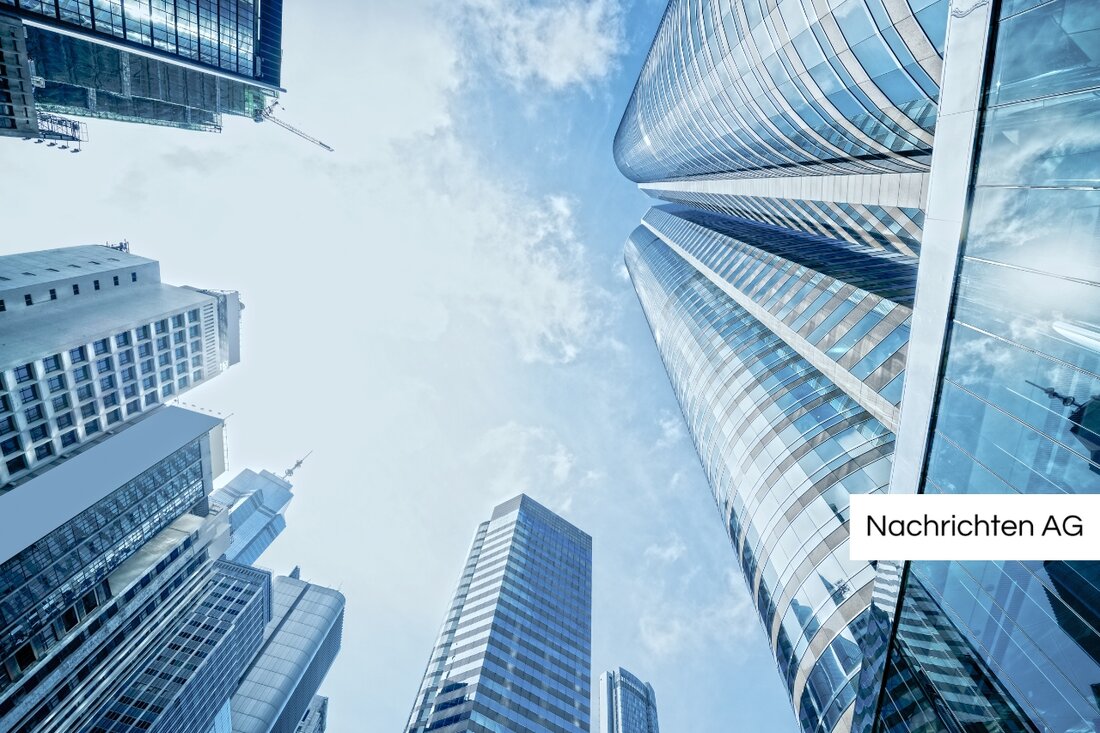Future strategies: Viennese summer festival of industry brings together decision -makers
The IV Vienna summer festival on June 5, 2025 gathers leading personalities from politics and business to discuss challenges and opportunities in industry.

Future strategies: Viennese summer festival of industry brings together decision -makers
On June 5, 2025, the summer festival of the industrial association (IV) Vienna took place in the Arkadenhof of the Vienna City Hall. Around 700 guests, including the mayor Michael Ludwig and Chancellor Christian Stocker, gathered at the top -class event. The festival was moderated by Jenny Laimer. Christian C. Pochtler, President of the IV-Wien, opened the event with a speech in which he described in 2025 as the "year of upheaval"-both politically and economically and socially. The focus was on the responsibility of managers in various areas.
Pochtler pointed out the current economic challenges that affect Austria. This includes the loss of location advantages and excessive wages. He urgently called for structural reforms and future investments, whereby he emphasized the double budget 2025/2026 as the first opportunity for necessary reforms. In his speech, Mayor Michael Ludwig emphasized the immense importance of industry for Vienna. Around 9,100 companies are located here that support 170,000 employees in the manufacturing sector. Ludwig thanked the industry and the IV-Wien for their fight against de-industrialization.
economic challenges and political responsibility
Chancellor Christian Stocker addressed unpleasant truths in his speech. He identified bureaucracy and regulations as the main problems with which companies in Austria are confronted. High part-time and tax rates burden the economy and Stocker emphasized the need for total state efforts to secure and expand economic growth. The political discussions come at a time when a decline in the proportion of the processing trade in many advanced economies, including Germany, can be recorded in the gross value added. In Germany, this proportion fell from around 20 % in 2000 to 17 % in 2020.
The terms "dein industrialization" and the associated challenges have also been prominent in the discussions of recent years. Current geopolitical risks and economic challenges, such as rising energy prices and possible gas deficiency, could lead to reducing production and even job reduction in both Germany and in Europe. These developments call for a modern industrial policy that aims at sustainability and technological sovereignty. The BPB emphasizes that vehicle construction and other industrial branches, such as mechanical engineering and the electrical industry, represent pillars of the German economy.
The challenges of demographic change, climate change and resource shortage require significant investments and innovations. Technological developments must be closely coordinated with the needs of a sustainable economy. Even if the digital and ecological transformation is demanding, there are opportunities for Germany to successfully master the challenges of the megatrends with its broad industrial grass. Ultimately, all actors - state, industry and unions - have to work together to shape a sustainable industrial policy that meets tomorrow's economic and social requirements.
With the high -ranking speakers and guests of the event in the Vienna town hall, it becomes clear that industry not only acts as a motor for the economy, but also plays a central role in social and political discourse. The coming years will show how successfully Austria and Germany can react to the challenges of this time.

 Suche
Suche
